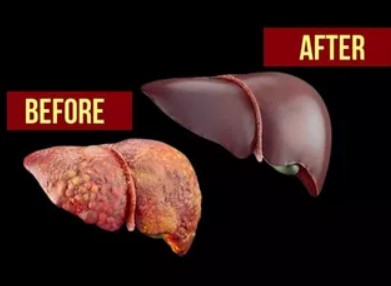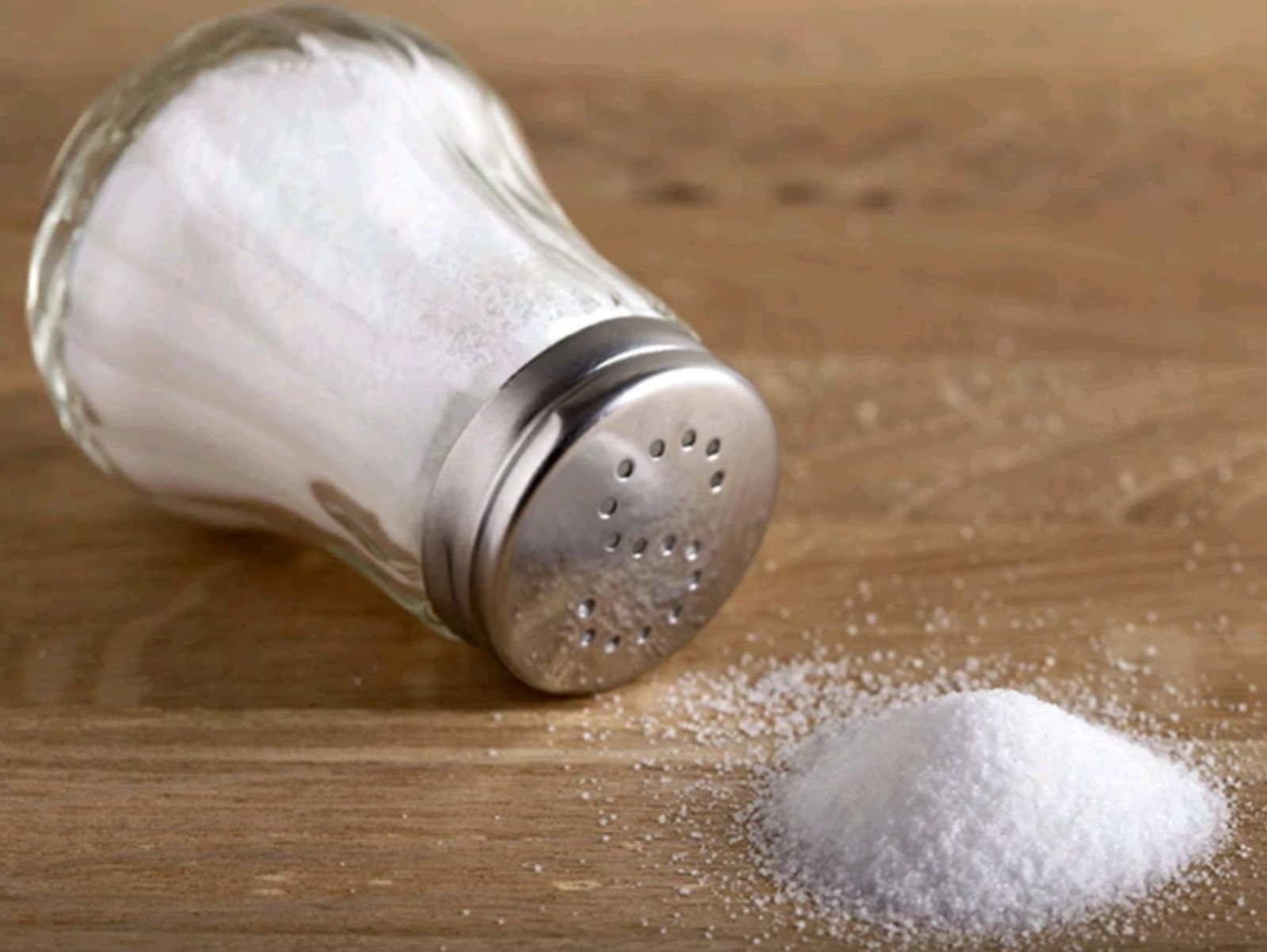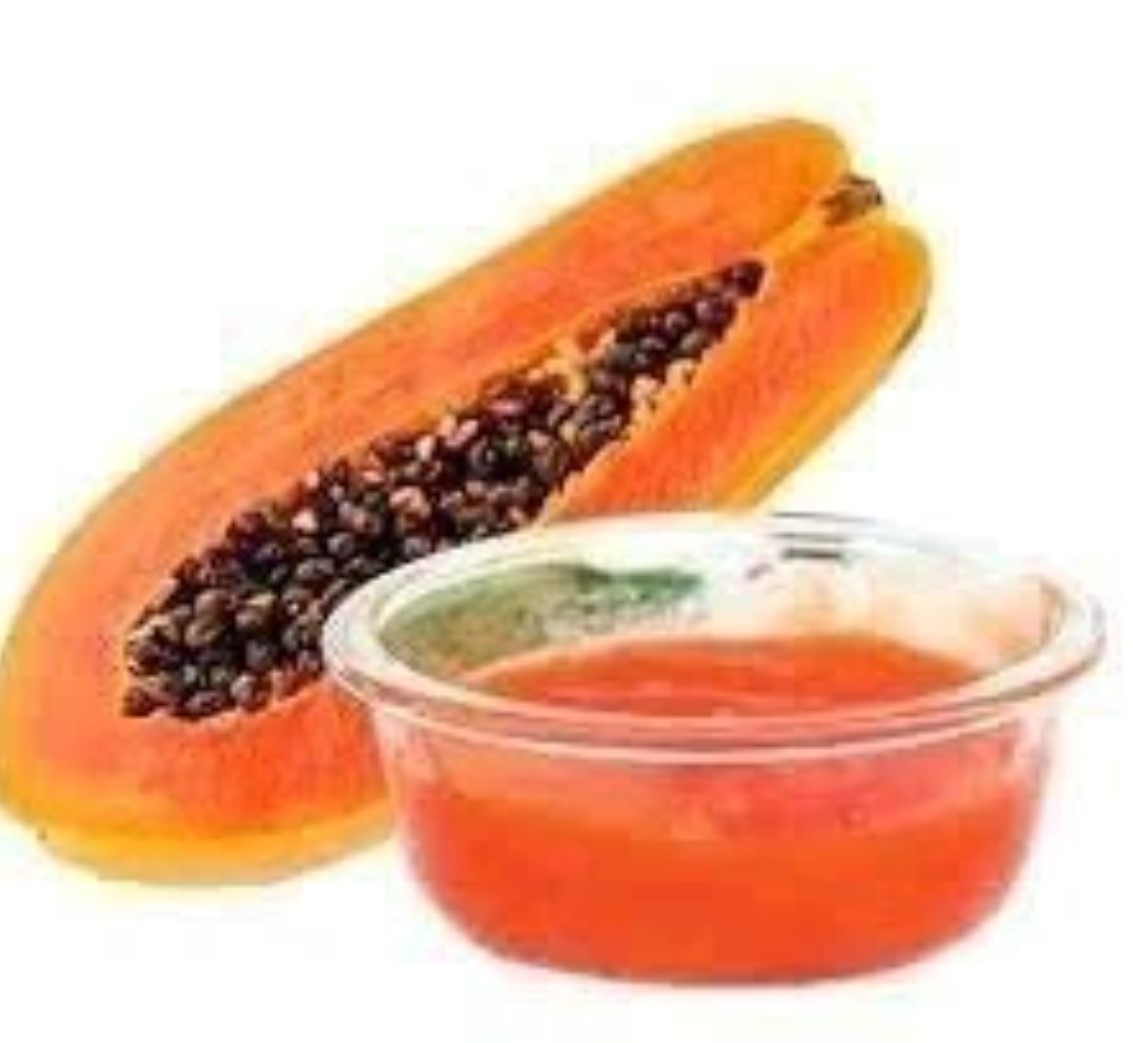In fact, one in four Americans are at risk for developing fatty liver disease—more specifically NAFLD (non-alcoholic fatty liver disease), according to Dr. Supriya Rao, MD, a gastroenterologist and managing partner at Integrated Gastroenterology Consultants. “Hearing the words ‘fatty liver’ may immediately let you think about too much alcohol,” she explains, “but unfortunately, NAFLD is a silent disease. You might not even know that you have it until the damage is done…Click Here To Continue Reading>> …Click Here To Continue Reading>>
Gastroenterologist Dr. Sarah Robbins points out that this disease not only affects the liver but also contributes to systemic conditions that extend far beyond liver health. “Fatty liver disease, particularly NAFLD, is emerging as a leading cause of chronic liver disease, cirrhosis and liver cancer, as well as an important risk factor for type 2 diabetes and cardiovascular disease,” she shares.
So what exactly causes this fatty liver disease if it’s not alcohol? Keep reading to find out the common habit that could be damaging your liver, plus how to keep it functioning properly and signs that something could be wrong.
According to Dr. Rao, one of the worst things you can do for your liver involves eating an unhealthy diet, so steer clear of processed foods and sugar-sweetened beverages. “A whole food, plant-based (or plant-predominant) diet helps us function at a higher level,” she explains. One easy way to do this is to “eat the rainbow,” which consists of eating lots of colorful fruits and veggies and skipping heavy pasta, fried foods and decadent desserts.
Dr. Darlene Negbenebor, MD, a board-certified gastroenterologist at Stamford Gastroenterology agrees that eating a diet high in saturated fats and simple carbohydrates (the typical American diet) and increased alcohol intake are the most common habits that cause liver injury. To avoid your liver taking a downward spiral, she suggests minimizing your alcohol intake and maintaining a healthy weight.” “Several studies show that following a Mediterranean diet, which is a diet high in fruit, vegetables and healthy fats, improves liver fat deposition and Inflammation,” she adds.
The National Institutes of Health (NIH) also suggests that high fructose intake may trigger fatty liver disease by damaging the intestinal barrier. Dr. Rao warns that the excessive consumption of sugar-sweetened drinks can lead to a buildup of fat in the liver, which increases your risk for NAFLD. “This occurs when visceral fat enters the liver and takes up more than 5 percent of its mass,” she shares. “Over time, this can progress to chronic inflammation and scarring.”
Non-alcoholic fatty liver disease isn’t the only concern to consider before you reach for that soda, however. Dr. Rao says of those with NAFLD, about 20 percent have NASH (non-alcoholic steatohepatitis) which occurs when there is inflammation and liver cell injury and 25 percent of those with NASH may have cirrhosis (irreversible scarring) which can lead to liver cancer and other organ system failure.
Unlike other diseases that may have more visible warning signs, liver damage can often go undetected without testing. Dr. Negbenebor points out that the earliest signs of liver damage would be abnormal liver function tests seen on a routine lab test that’s usually ordered by your primary care doctor during an annual physical. “Typically liver disease remains asymptomatic until it is quite advanced,” she says.
If the fatty liver disease has progressed to a more advanced stage like NASH or cirrhosis, the symptoms can be more obvious and severe, says Dr. Robbins. Symptoms of advanced liver disease and cirrhosis include:
This condition causes your skin and the whites of your eyes to turn yellow, reflecting a problem with the liver’s ability to process bilirubin.
Liver disease can cause inflammation and swelling in the liver, leading to discomfort or pain in the right upper quadrant of the abdomen.
Swelling in the legs and ankles: READ FULL STORY HERE>>>CLICK HERE TO CONTINUE READING>>>
This can be a sign of liver disease as it may reflect that your liver isn’t making enough protein to keep fluid in the bloodstream, causing fluid to leak into the tissues.
Feeling persistently tired or weak can be a sign of liver disease.
If your liver isn’t functioning correctly, your urine may be dark due to the excess bilirubin being excreted through the kidneys.
A decline in hunger or a feeling of fullness after eating small amounts can be a sign of liver disease.
These can be common symptoms of liver dysfunction.
Confusion, drowsiness and slurred speech (hepatic encephalopathy):
These symptoms can occur when toxins build up in the bloodstream because the liver isn’t adequately removing them.
Motivated to keep your liver healthy? We have some good news: Increasing your intake of plants is a good starting point to get your liver back on track. “We want less processed foods and more unprocessed plant foods,” says Dr. Rao. This means avoiding saturated fats, bacon and processed red meat while increasing your intake of lean proteins and omega-3 fatty acids. She also says to toss the white bread due to its refined carbohydrates and switch to whole grains instead.
Dr. Robbins has more good news for coffee drinkers, saying several studies have suggested that coffee consumption may actually protect against chronic liver disease. “This is likely due to its antioxidant properties and its ability to reduce inflammation,” she adds. And let’s not forget exercise. “Maintaining a healthy lifestyle by exercising regularly is another way to reduce the amount of fat stored in the liver,” she explains.
Lastly, the right micronutrients are vital for liver health but they should ideally come from a balanced diet and not a surplus of supplement bottles. A few of her recommendations that support healthy liver function are vitamin E (a potent antioxidant that has been shown to reduce inflammation), vitamin D (to regulate cellular growth and immune function) vitamins B12 and Folate (which can help the liver process alcohol and drugs), as well as zinc, selenium and magnesium. “Magnesium plays a role in many enzymatic reactions in the body, including those in the liver,” she says.


















